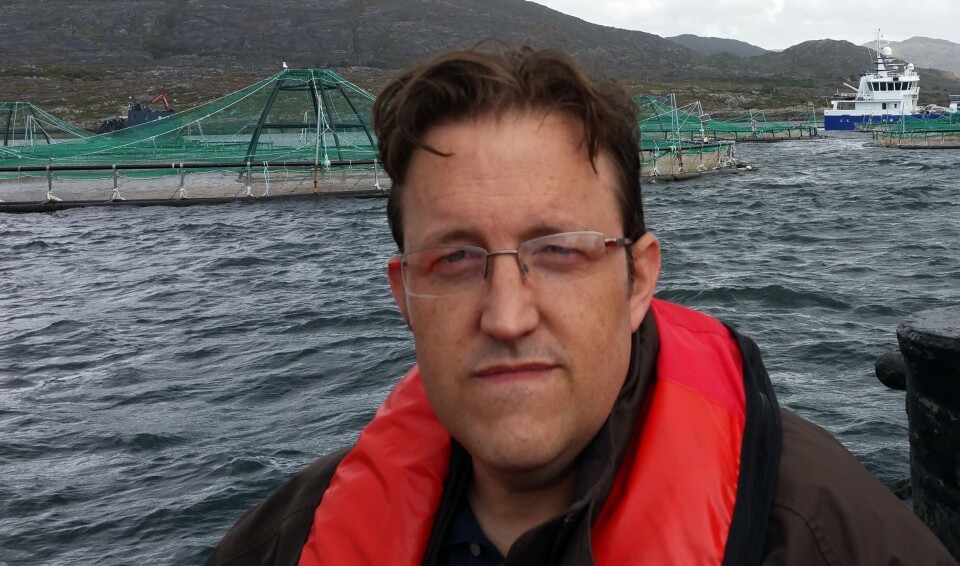
Bureaucracy strangling €1 billion goal
The Irish government’s target to grow the country’s seafood industry into a €1 billion a year business is being jeopardised by the huge backlog of aquaculture licence applications.
This is the firm belief of IFA Aquaculture Executive, Richie Flynn, who insists that the plan to develop the industry from its current worth of €850 million a year to €1 billion by 2020 – as outlined by Marine Minister Simon Coveney’s Seafood Programe earlier this week – is not feasible without radical changes to the aquaculture licencing process.
Flynn explained to Fish Farming Expert that there are 600 licence applications, most of which relate to licence renewals, currently waiting to be assessed by the civil service - of which around 60 relate to salmon sites.
“While the companies are still allowed to have fish in the water, " he explains, "they are not allowed to expand locked out of environmental, development, innovation and the organic production state aids as well as being disqualified for any assistance in the event of disasters such as algal blooms.
"The pace might suit the civil service, but while the aquaculture industries in the rest of Europe are developing rapidly, we're being left behind."
IFA argues that Minister Coveney must commit to spending every cent of the €30 million earmarked for aquaculture development under the European Maritime and Fisheries Fund (EMFF) between now and 2020 within the first two years of the programme and add whatever additional funds are required from the exchequer for each subsequent year to make up for the serious ground lost by industry due to his department’s failure to tackle the licencing problem.
"The same thing happened under the EFF (which preceded the EMFF)," Flynn observes, "which awarded the Irish aquaculture industry in the region of €5 million a year for a six year period, but - because of the delays to the licencing process - most of it was handed back and used instead by the fisheries and processing sectors."























































